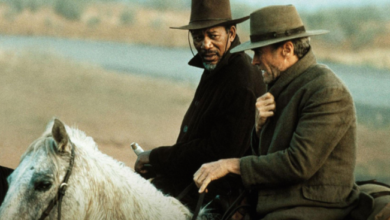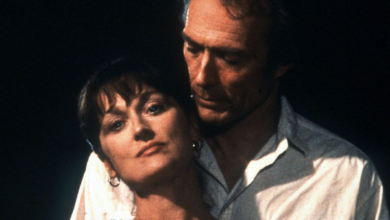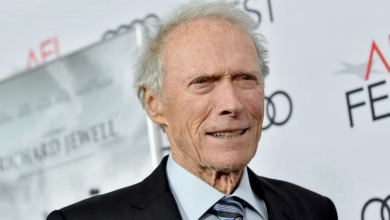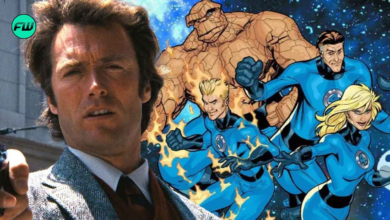Why Clint Eastwood believes every actor should direct: “It made me much more sympathetic”

There’s no doubt that Clint Eastwood is one of the most iconic actors of all time, having practically transcended the profession into becoming a true cultural force in his own right. His hyper-masculine roles in the likes of Sergio Leone’s Dollars Trilogy and Dirty Harry cemented Eastwood’s place in the pantheon of all-time greats.
Eventually, though, Eastwood attempted to convert his talents behind the camera, having already proven his quality in front of it. He made his directorial debut with the 1971 psychological thriller Play Misty for Me before delivering some of his most outstanding work in the shape of The Outlaw Josey Wales, Unforgiven, The Bridges of Madison County and Million Dollar Baby.
During an interview with the Directors Guild of America, Eastwood once explained the difference between directing a film that he’s also starring in and being able to direct without worrying about an acting performance. “You definitely split your concentration,” he said. “Most actors who’ve turned to directing have had to be in the picture in order to get the directing job, and that’s what happened with me.”
The “ideal thing” for Eastwood, though, is to just be focused solely on directing. “To do one job and concentrate on that one job,” he commented. “I always expected to withdraw from acting at some point and just stay behind the camera, and in recent years, I’ve done that.”
Still, most of Eastwood’s directing jobs, at least the most significant ones, have also seen him star in the lead role. He named one particular in which he starred but was still able to have the control he wanted. “Even when I think back on Unforgiven – I had a major role in it, but there’s also a lot of the picture that I’m not in,” he said.
Ultimately, though, Eastwood thinks every actor should take on the challenge of directing, noting, “I actually think every actor should direct at some point to learn the hurdles and the obstacles the director faces and the concentration it takes–a concentration equal to that of the actor, just in a different way.”
The effect directing had on Eastwood was one of “sympathy” for his directors, and he became an easy actor to manage after sitting in the chair for the first time. He signed off: “When the director wanted another take for reasons other than performance, I didn’t bog down and say, ‘Come on, what do you need that for?’”





